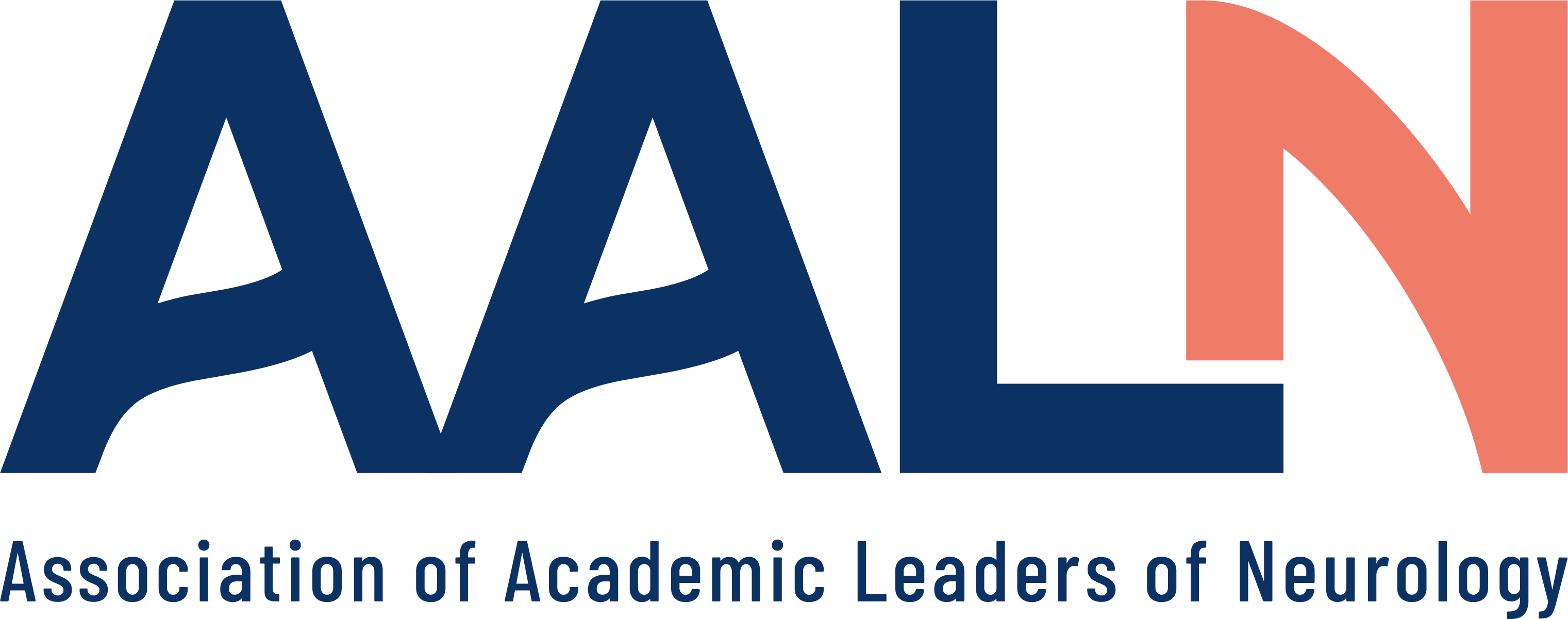
Clinical and Educational Advantages of Simulations in Training the Next Generation of Neurologists: Nuri Jacoby, MD

The neurologist at Maimonides Medical Center and SUNY Downstate shared how interactive simulations give neurology trainees the chance to practice skills, gain feedback, and move beyond passive learning. [WATCH TIME: 3 minutes]
WATCH TIME: 3 minutes
"Simulations give learners the chance to practice, get feedback, and move beyond passive learning. They’re an essential tool for the next generation of medical education."
Neurology education and training are increasingly embracing innovative methods such as simulation-based learning, competency-focused assessments, and leadership development workshops. These approaches move beyond traditional knowledge evaluation to emphasize skills in communication, decision-making, and team-based care.
The
In an interview with NeurologyLive®, Jacoby provided insights on what clinical skills healthcare professionals can gain through this session. Jacoby, a neurologist at Maimonides Medical Center and SUNY Downstate, detailed the structure of the workshop, where attendees will learn foundational concepts, create their own simulations, and observe a live demonstration. He also commented on how experimental learning and new technologies like AI are shaping neurology education for a new generation of learners.
Registration for the 2025 AUPN Meeting is open!
Newsletter
Keep your finger on the pulse of neurology—subscribe to NeurologyLive for expert interviews, new data, and breakthrough treatment updates.










